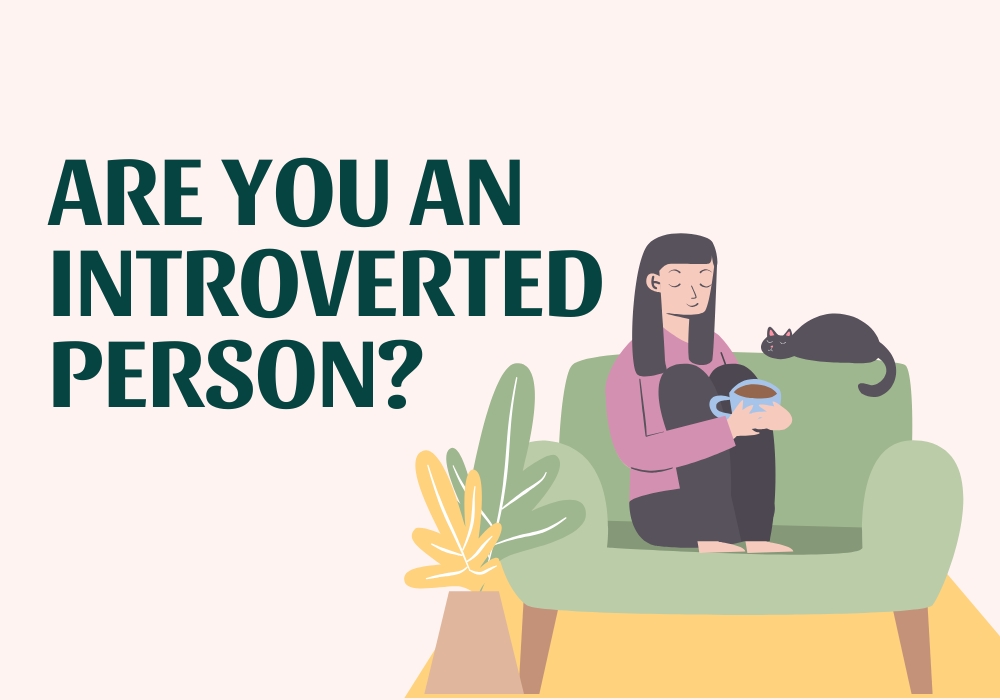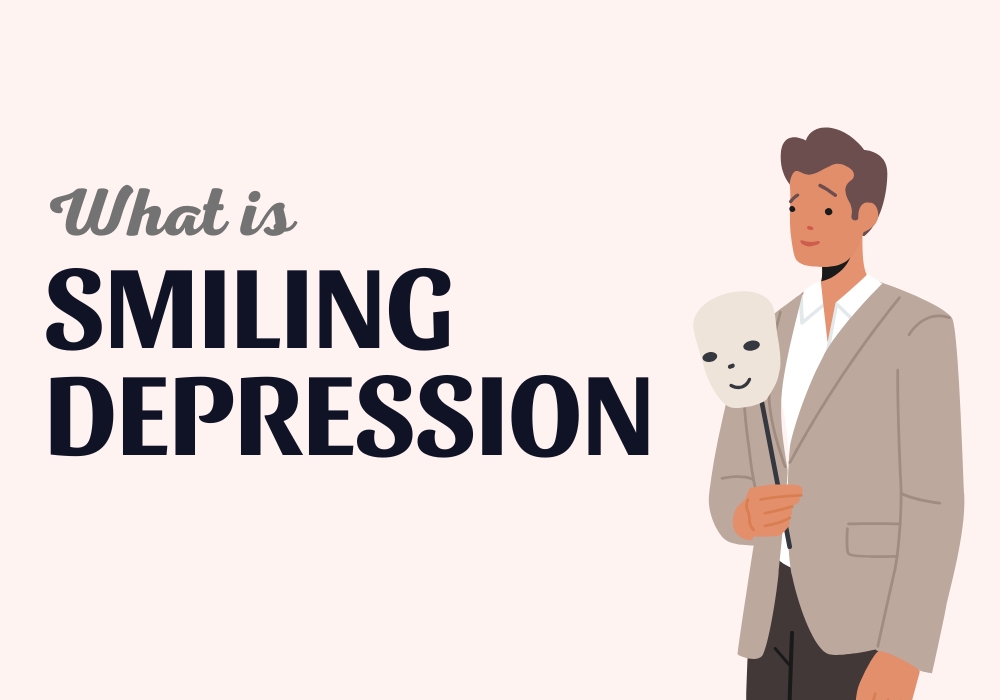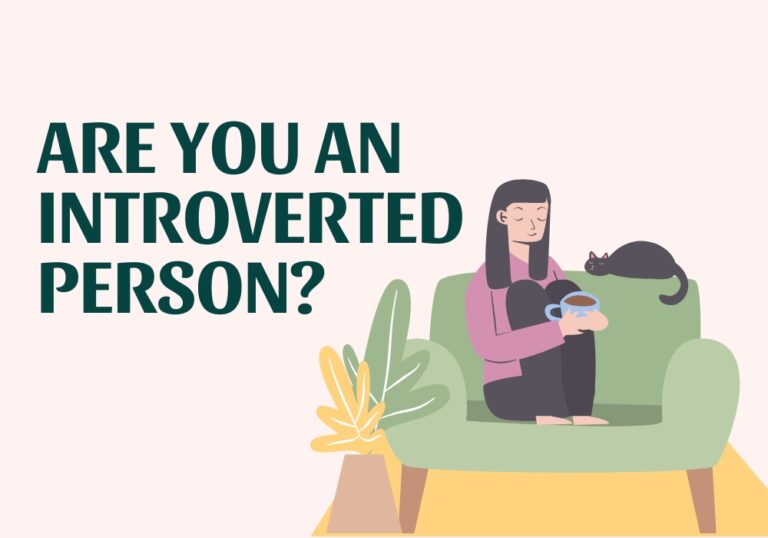Why are we irritated?
Feelings of irritation and anger are triggered by how we interpret and react to certain situations. When a person is feeling irritated, small things that would not normally bother them can upset them.The resulting tension can make a person more susceptible to stressful situations.
Irritability is a common of emotional Many factors can cause or contribute to irritability, including life stresses, lack of sleep, low blood sugar, and hormonal changes. It can also be a sign of a mental illness, such as anxiety or depression.
Emotions can be viewed as something relative. They differ from person to person. A particular situation may cause one person to lose their temper and become irritated while it may not affect the other person. But just because we interpret things differently doesn’t mean our interpretation is wrong.
People may experience the subsequent signs and symptoms along with multiplied irritability:
- Confusion or difficulty concentrating.
- Excessive sweating.
- Rapid heartbeat.
- Rapid or shallow breathing.
Some causes of irritability :
1-Depression:
Depression It can present with a variety of symptoms and often causes persistent sadness, tiredness, and irritability. One of the first signs of depression or depression recurring is an increased feeling of irritability. Irritability is more of a symptom of depression in males than in females and is often associated with aggressive feelings, risk taking and substance abuse.
Related:Depression :Types & Symptoms
2-Anxiety:
Feelings of anxiety often arise as a reaction to stressful life situations, such as Difficulties at work, preparing for a major exam, or significant life changes. This type of anxiety usually goes away once the stressful situation is over. However, anxiety can persist or worsen over time, seriously affecting a person’s daily activities, job performance, and personal relationships.
Related:How to deal with Anxiety ?
Related:11 Ways to Overcome Social Anxiety
3-Life stress:
The stress of life is one of the main causes of irritability. Going through a stressful period can leave a person feeling more irritable than usual. When someone experiences a stressful life event, which may be related to work, school, trauma, or grief, they may find it harder to control their emotions and feel overwhelmed. Feeling overwhelmed by the stresses of life is normal, but prolonged periods of stress can lead to emotional exhaustion.
Related:Stress :10 Ways to Manage and reduce it
Related:8 Ways to Bust Stress in 5 Minutes
4-Lack of sleep:
Not getting enough sleep or sleep deprivation can leave a person feeling irritable the next day. Children are especially likely to be unusually irritable or emotional if they haven’t had enough good sleep. If a person feels tired all the time or feels like sleeping doesn’t make them feel rested, they may have a sleep disorder that causes them to wake up regularly during the night, such as insomnia or sleep apnea.
Getting enough sleep is important for your health. It plays a role in increasing mental performance, focus and immune system function, and also reduces the risk of heart disease and depression. People can improve sleep quality by adopting the following practices to improve their sleep hygiene: Avoid large meals and drink caffeine and alcohol before bed. Sleep in a dark, quiet room Remove electronics such as televisions, computers, and phones from the bedroom. Try to fall asleep and wake up at the same time every day, even on weekends. Do sports regularly.
Related:Sleep Deprivation: Symptoms, Causes, and Effects
Some Ways to manage irritability :
People can deal with their irritability in a variety of ways. Certain methods work better for some people than others. It is up to each individual to find out which coping mechanisms best suit their personality and lifestyle. Some general tips for dealing with irritability are:
- Exercise regularly.
- Eat a balanced diet rich in whole foods such as fruits and vegetables.
- Maintain a regular sleep.
- Practice slow breathing techniques.
- Practice meditation.
- Use a journal to track mood swings and triggers.
- Meeting positive people (friends or family members).
- Reading ,drawing,walking….
irritated,irritated,irritated









